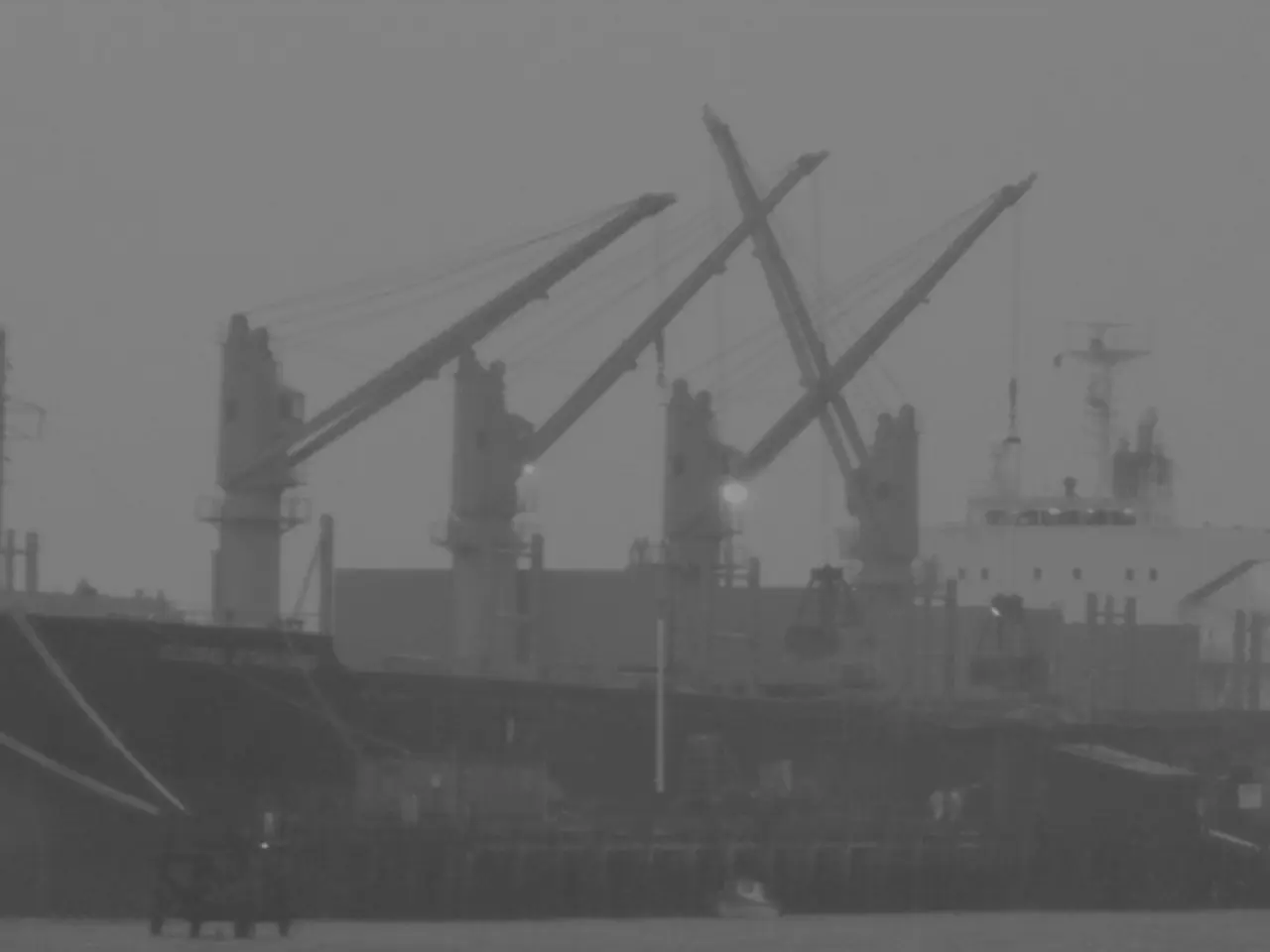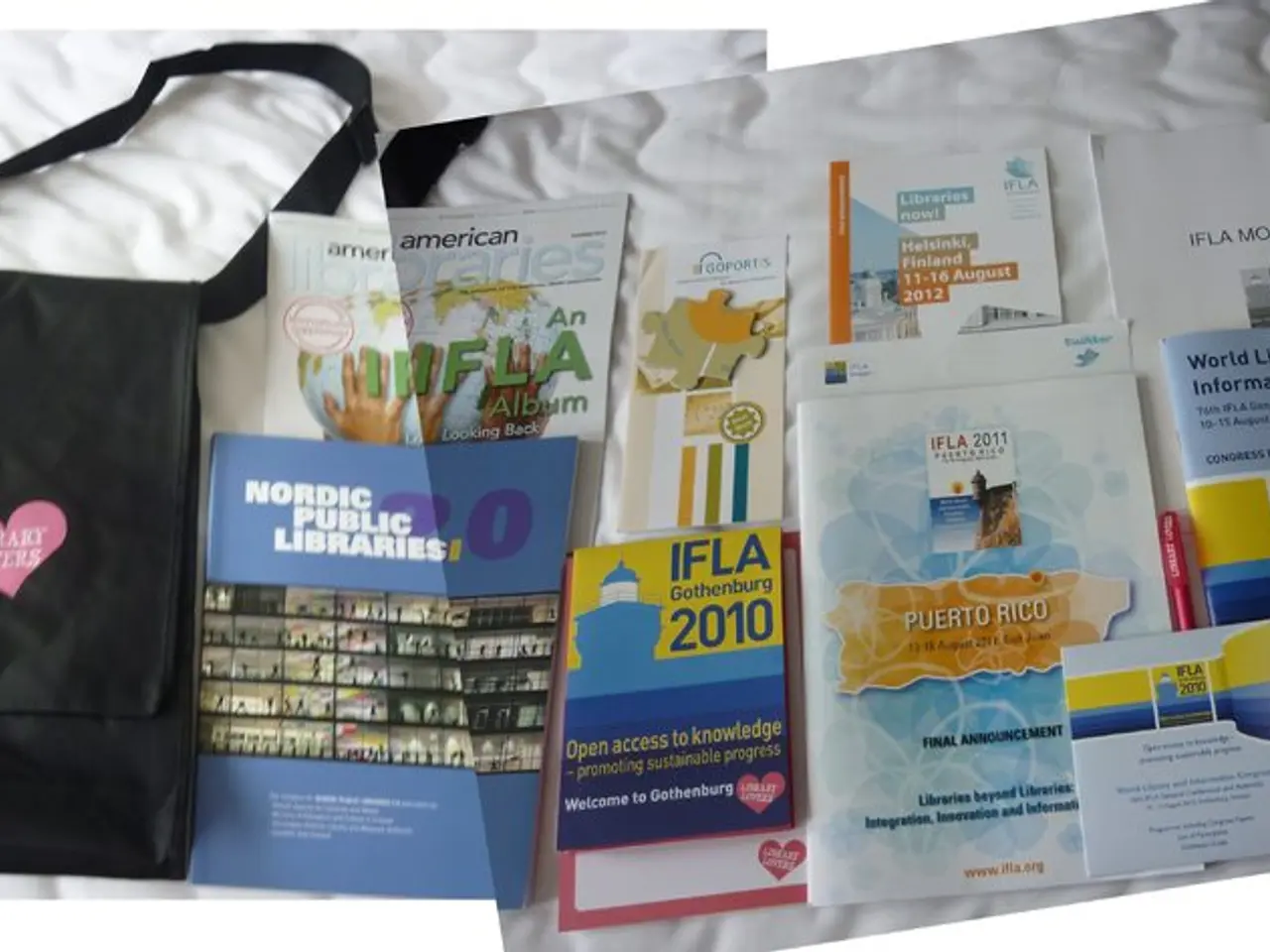Moroccan Migrant Saved During Attempted Crossing to Spain Using a Rubber Ring and Flippers
In a harrowing display of determination and resilience, a young man was rescued off the coast of Spain after attempting a perilous swim across one of the world's busiest shipping lanes. The incident underscores the deadly risks migrants face as they seek a better life.
The man, exhausted and speaking little, was wearing a wetsuit for some protection during his ordeal. He was initially mistaken for a bird by a sailing family who later realised he was a person. After being brought aboard, the man was given water, soup, clothing, and blankets to recover.
The young man was rescued approximately 13 nautical miles south of Benalmadena, Spain, in the Alborán Sea. The yacht crew maneuvered their boat around an oil tanker and threw a rope to the man as he swam towards them. The rescue incident highlights the risks migrants face on underfunded migration routes.
The journey across the Alborán Sea is rare and perilous, with migration attempts typically targeting Spanish enclaves like Ceuta. Despite the risks, the fragile hope driving migrants forward is evident in the man's daring attempt.
The Alborán Sea is a significant maritime area between northern Morocco and southern Spain that is part of the western Mediterranean Sea. Migrants commonly attempt to cross this sea from Moroccan ports or beaches to Spanish coastal areas, often around the southern part of the Strait of Gibraltar or the Alborán Sea itself.
The risks for migrants crossing this route are severe and include drowning, physical exhaustion, harsh weather and sea conditions, encounters with law enforcement or coast guard patrols, and a lack of immediate rescue or medical help in the event of accidents.
Last year, 572 people died attempting crossings from North Africa to Spain, with 151 fatalities already recorded in 2025, according to the International Organization for Migration (IOM). Humanitarian groups warn that improvised crossings persist as long as safer migration options remain limited.
After being transferred to Málaga, the rescued individual is likely undergoing evaluation and processing by Spanish authorities and aid agencies. Maritime patrols continue to monitor sea routes for similar emergencies. The rescue stands as a powerful testament to human desperation and the compassion of strangers.
The incident underscores the lengths migrants go to using the scant resources they can afford. The yacht headed towards Estepona and met with a maritime rescue vessel. It serves as a stark reminder of the challenges faced by those seeking a better life and the importance of addressing the root causes of migration.
- The rescue of the young man highlights the remote, dangerous, and life-threatening conditions faced by migrants on the underfunded migration routes, such as in the domain of crime-and-justice and general-news.
- Given the annual record of fatalities, like the 151 recorded in 2025, and the high number of deaths in the previous year, the perilous sea crossing from North Africa to Spain, part of the general-news and crime-and-justice landscape, warrants immediate attention to address the root causes of migration.








